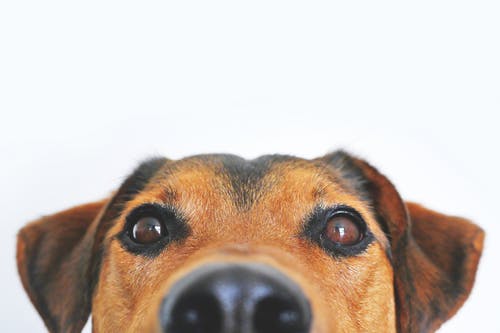Canines’ dental health is an essential component of their general wellness. Canines may suffer from significant oral issues such as foul breath, periodontal illness, and dental caries if they are not appropriately cared for and kept. Animal owners may take preventative measures to keep their pet’s teeth and gums healthy. This is needed to enhance their canines’ dental health and avoid more significant illnesses in the future. So, how should you care for your dog’s teeth?
How to Keep Your Dog’s Teeth Clean
Keeping your pet’s teeth clean is an essential element of pet care. Poor dental hygiene in pets may cause various dental and wellness problems, including infection, missing teeth, and other major medical ailments. As a result, you must develop and maintain proper dental hygiene habits for your pets to keep their teeth clean and healthy. Here are a few pointers to keep your pet’s teeth clean and healthy.
1. Provide your pet with oral chews or playthings.
Oral chews and toys stimulate your dog’s gums, which helps get rid of plaque and tartar build-up. However, these items need to be mainly designed for canines and made from rubber, nylon, or similar hard material that may be chewed without providing a choking danger. If these chews or toys get torn or damaged, little pieces of the material might quickly become caught in your pet’s throat. Therefore, get chews and toys ideal for your dog’s size, weight, and chewing tendencies.
2. Brush your pet’s teeth regularly.
Brush your dog’s teeth twice a week using a toothbrush and toothpaste made solely for pets. It is essential to start brushing your pet’s teeth as early as possible to establish a routine. Furthermore, you must watch out for indicators of infection or oral issues in your dog’s mouth, such as discolored teeth, inflamed gums, bad breath, frequent drooling, and difficulty eating.
Suppose your dogs are suffering from periodontal disease or other oral problems. In that case, your vet may recommend a professional teeth cleaning and even oral surgery if needed. Some vet facilities also offer boarding solutions for dogs recovering from dental surgeries, giving owners peace of mind knowing their precious pets are in a safe and secure environment. You can visit websites like lovinghands.com for more information about pet boarding.
3. Get regular veterinary dental examinations.
Regular pet dental check-ups are essential to keep your dog’s teeth and gums healthy and detect any oral irregularities early on before they get more severe. Routinely inspecting and cleaning your pet’s teeth can help prevent oral issues such as periodontal disease, which can lead to other major health issues.
Some vet facilities also offer other services like pet vaccination and parasite prevention, which are essential for your pet’s health. Routine visits to these facilities will help pinpoint any changes in your dog’s health early, permitting you to interfere and treat the issue before it becomes more serious.
4. Monitor your dog’s diet regimen.
Picking dog foods with the right mix of minerals and vitamins and avoiding meals with a lot of sugar can help your pet’s oral health. Eating the right food and avoiding unhealthy snacks can keep your pet’s teeth and gums healthy. Frequently examining your dog’s food label can help guarantee your dog obtains the necessary nutrients. This can be especially important for senior dogs, as they may require additional nutrients to support their aging bodies. You can follow this link for more veterinary services you can get.




